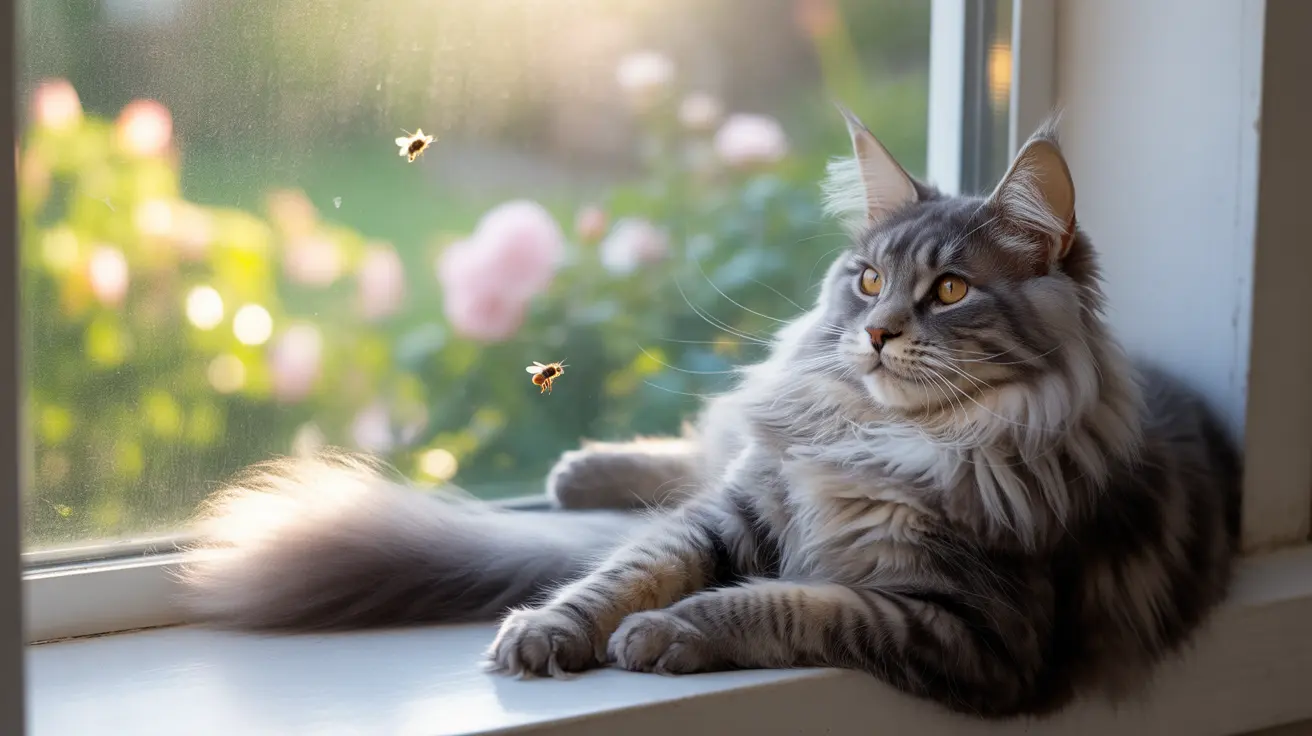The Evolutionary Roots of Cat Independence
Cat independence stems directly from their wild ancestors, particularly the African wildcat. Unlike dogs, who evolved as pack animals, cats developed as solitary hunters who needed to be self-sufficient to survive. This evolutionary history continues to influence modern domestic cats' behavior.
When cats first began their relationship with humans around 9,000 years ago, they essentially "self-domesticated" by choosing to live near human settlements to hunt rodents. This unique domestication process allowed them to maintain their independent nature while forming loose social bonds with humans.
Understanding Your Cat's Independent Nature
Cats demonstrate their independence through various behaviors that can sometimes be misinterpreted as aloofness. They often prefer to control their own schedule, choosing when to seek attention and when to spend time alone. This autonomy is a natural expression of their evolutionary programming.
Unlike dogs, cats don't look to their owners as a constant source of security and guidance. They're perfectly capable of entertaining themselves, finding comfortable spots to rest, and managing their own daily routines.
The Social Side of Independent Cats
While cats are independent, they're not antisocial. Many cats form strong bonds with their human families but express affection on their own terms. Signs of cat affection include slow blinking, gentle headbutting, and choosing to spend time in the same room as their owners.
Each cat has its own unique personality and social preferences. Some may be more gregarious and attention-seeking, while others prefer minimal interaction. Both extremes are normal variations within cats' independent nature.
Supporting Your Cat's Independence While Maintaining Bonds
Creating an environment that respects your cat's independence while providing opportunities for interaction is key to a healthy relationship. This includes:
- Providing multiple elevated resting spots
- Maintaining consistent feeding schedules
- Offering interactive toys for self-play
- Creating safe spaces where they can retreat
- Allowing them to initiate social interactions
Remember that respecting your cat's independence doesn't mean neglecting their need for attention and care. It's about finding the right balance that works for both you and your feline companion.
Frequently Asked Questions
Why are cats naturally more independent than dogs?
Cats evolved as solitary hunters rather than pack animals like dogs. This evolutionary history means they're naturally equipped for self-sufficiency and don't rely on social groups for survival or emotional support.
How does a cat's evolutionary history influence its independent behavior?
Cats descended from solitary wildcats that hunted alone and maintained individual territories. This heritage is reflected in modern cats' self-sufficient behavior, territorial nature, and preference for controlling their own activities.
What are common signs that a cat is showing affection despite its independence?
Cats show affection through subtle behaviors like slow blinking, purring, rubbing against you, following you between rooms, and choosing to sleep near you. These gestures are meaningful because they're voluntary expressions of trust from an independent animal.
How can I care for an independent cat without disrupting its need for routine and personal space?
Maintain consistent feeding times, provide multiple resources (litter boxes, scratching posts, water bowls), respect their personal space, and let them initiate interactions. Create an enriching environment that allows them to express natural behaviors.
Can independent cats develop separation anxiety, and how can I help them cope?
Yes, even independent cats can develop separation anxiety. Help them cope by providing environmental enrichment, maintaining predictable routines, and gradually acclimating them to alone time. Consider using calming aids or consulting a veterinarian for severe cases.
Embracing Your Cat's Independence
Understanding and accepting your cat's independent nature is crucial for building a strong, respectful relationship. While cats may not show affection in the same way as dogs, their independence makes them unique and fascinating companions. By supporting their natural tendencies while maintaining appropriate care and attention, you can create a harmonious living situation that benefits both you and your feline friend.






